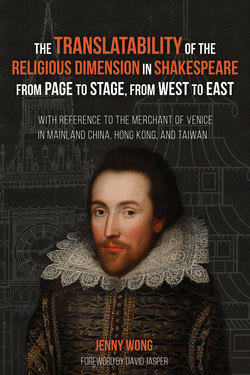Описание книги
This interdisciplinary study traverses the disciplines of translation studies, hermeneutics, theater studies, and sociology. Under the «power turn» or «political turn» in translation studies, the omission and untranslatability of religious material are often seen as the product of censorship or self-censorship. But the theology of each individual translating agent is often neglected as a contributing factor to such untranslatability. This book comprehensively traces the hermeneutical process of the translators as readers, and the situational process and semiotics of theater translation. Together these factors contribute to an image of translated literature that in turn influences the literature's reception.
While translation theorists influenced by the current «sociological turn» view social factors as determining translation activities and strategies, this volume argues that the translator's or the dramatist's theology and religious values interact with the socio-cultural milieu to carve out a unique drama production. Often it is the religious values of the translating agents that determine the product, rather than social factors. Further, the translatability of religious discourse should be understood in a broader sense according to the seven dimensions proposed by Ninian Smart, rather than merely focusing on untranslatability as a result of semantic and linguistic differences.
While translation theorists influenced by the current «sociological turn» view social factors as determining translation activities and strategies, this volume argues that the translator's or the dramatist's theology and religious values interact with the socio-cultural milieu to carve out a unique drama production. Often it is the religious values of the translating agents that determine the product, rather than social factors. Further, the translatability of religious discourse should be understood in a broader sense according to the seven dimensions proposed by Ninian Smart, rather than merely focusing on untranslatability as a result of semantic and linguistic differences.
